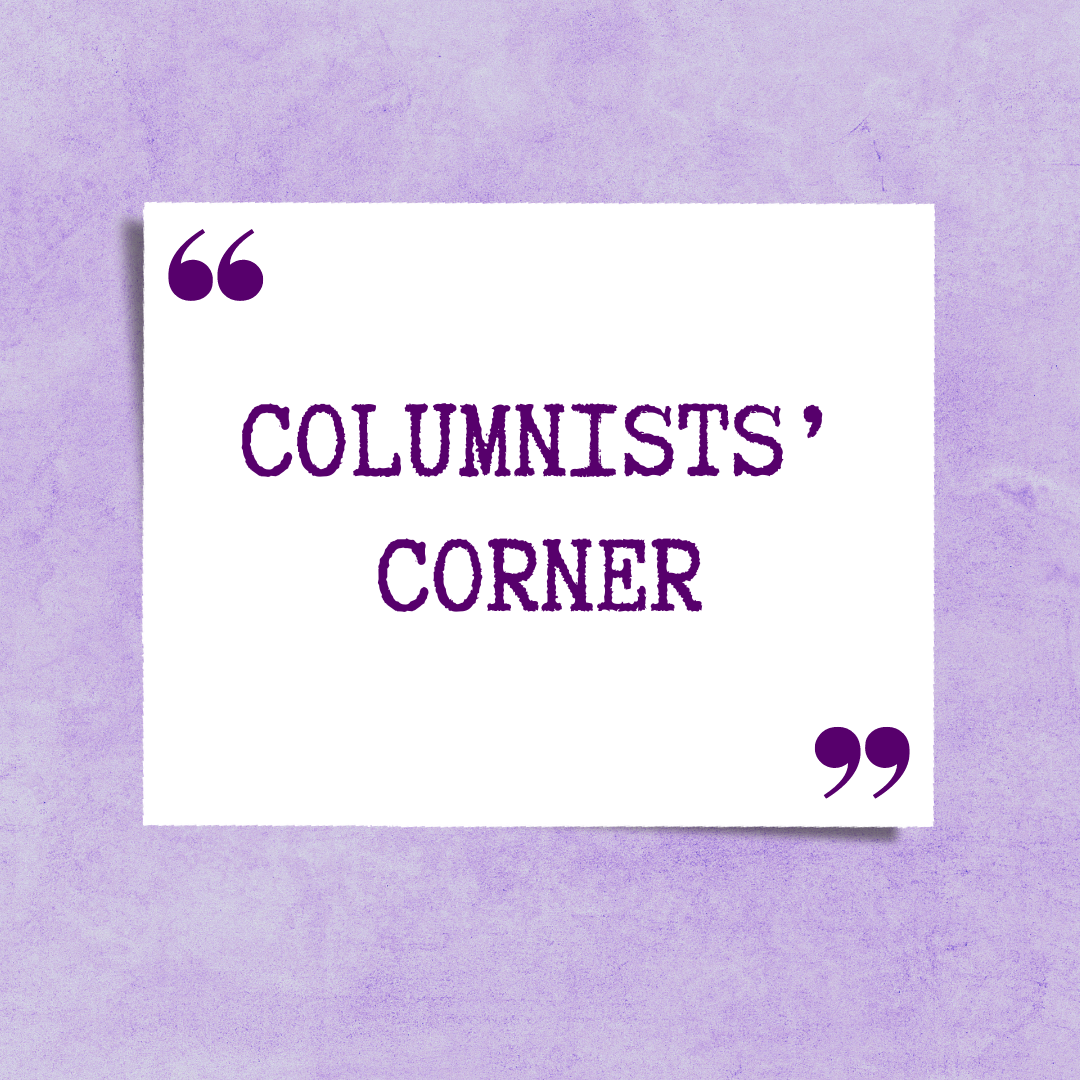Crippling sadness, the inability to focus, paranoia, debilitating anxiety and the feeling of emptiness are all symptoms that come with certain mental health issues. Looking at that list, is it something you desire? I wouldn’t. Yet, it feels like teenagers have made it a trend to be mentally ill.
Part of the rise of mental health diagnoses are due to the fact that the understanding and acceptance of mental health is improving. With growing numbers of people who know about mental health issues, there will be more diagnoses. Some of that can be attributed to the work Generation Z has done in advocating on mental health, while some is because teenagers seem to be romanticizing these issues.
Depression and suicidal idealization has stopped being a serious issue and is more of a joke thrown about carelessly. Anxiety is just a fun fact and not a possibly crippling disorder. Sometimes humor is good for lightening up awful situations, but there has to be a point when this generation takes things seriously.
According to the U.S. Centers for Disease Control and Prevention (CDC), in 2022, 49,000 people died from suicide, which is equivalent to around one death every 11 minutes. Depression and suicide idealization are seen as funny until it actually kills someone. Nothing about those 49,000 deaths bring a smile to my face. So why is mental illness a quirky, fun fact to so many teenagers?
I would give a lot to be free of my mental health issues. It often hinders my ability to function where others may find it easy. I just don’t understand how some people seem to want that. Contrary to what many teenagers think, depression and anxiety don’t give you street cred. In fact, it mostly just gets you overlooked or judged. I can think about nothing in my struggles with mental health that I would find fun. The endless conversations about medications? Not fun. The therapy appointments that can leave me feeling worse than I was going in? Not fun. The judgement from people who don’t understand? Definitely not fun. What am I not seeing that other people in Generation Z seem to find so funny?
Mental health isn’t a competition either. If someone is struggling, you don’t have to debate whether or not you’re struggling more. Teenagers have normalized competition in mental health, and it’s become dangerous. People feel like they can’t reach out, which leads to even more struggles.There should be no normalcy in romanticizing mental health. It should be taken seriously. The fact that it’s not is part of the reason why suicide rates have increased 37% in the past 10 years. How many people are going to die before we find out there’s nothing to romanticize in mental health?



